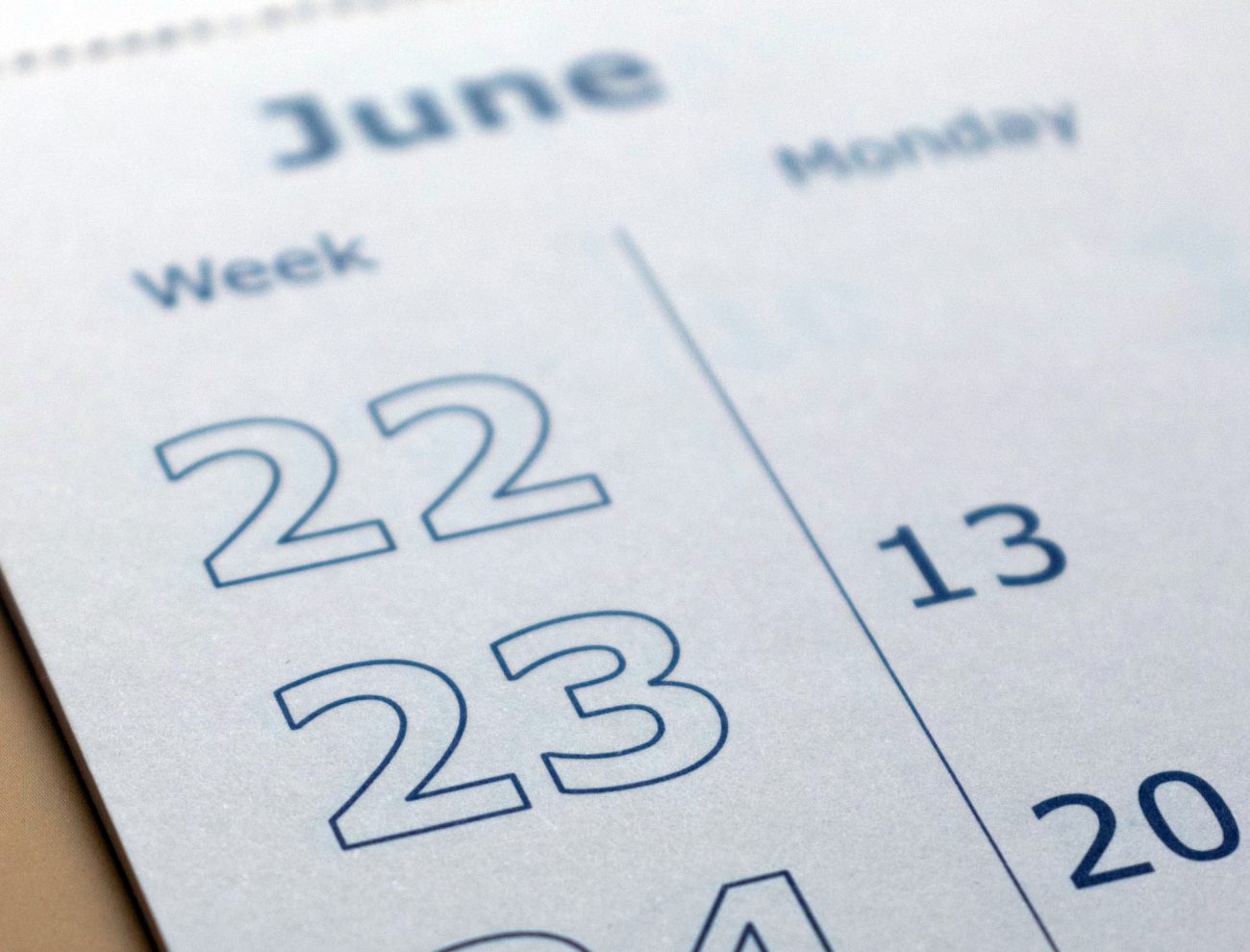
(Behnam Norouzi/Unsplash)
An archdiocesan collection is helping impoverished women meet a critical need – and overcome the longstanding shame that surrounds it.
For the second year in a row, archdiocesan Catholic Social Services (CSS) is hosting “Take Back the Month,” a campaign to collect feminine hygiene products for women and girls unable to consistently access the items due to poverty, homelessness or other issues.
Donations of new, unopened feminine hygiene products can be made directly to CSS by contacting Amy Stoner, director of the agency’s community-based and homelessness services, or CSS administrator Cindy Volkert.
Supporters can also purchase the items for CSS through the online donation platform YouGiveGoods.
All products donated will benefit CSS’ housing and homeless programs, including Mercy Hospice, McAuley House, Women of Hope, Visitation Homes, Mercy Café,and the Chester City Coffee Club.
In recent years, the issue of “period poverty” – the inability to afford or access menstrual products – has gained attention, with millions of women affected.
Lack of income, supply chain issues, price increases and stigma surrounding menstruation combine to prevent teens and women from obtaining products often regarded, from an economic policy perspective, as non-essential.
“No one should have to miss out on participating in work, school, or daily activities because they are unable to manage their menstruation in a safe and dignified manner,” said Stoner.
Her agency has been steadily working to counter such deficits through both “Take Back the Month” and through a network of Ladies Lockers, where feminine products are neatly displayed with messages of encouragement at a number of CSS sites across the five-county Philadelphia area.
“We distributed 1,652 feminine hygiene products last year,” said Amy Stoner, director of CSS’s community-based and homelessness services. “The number jumps to 8,372 when you include personal care products.”
[hotblock]
The need is widespread: in 27 U.S. states, feminine hygiene items are still subject to tax, and in most states, ineligible for purchase through federal benefits such as SNAP (Supplemental Nutrition Assistance Program) and WIC (Special Supplemental Nutrition Program for Women, Infants, and Children). Federal prisons only began providing menstrual products free of charge as of 2017; many state and local prisons still require inmates to pay.
With pad or tampon changes required every few hours, feminine hygiene costs can easily add up. At current prices, and given the 40-year average length of regular menstruation cycles, a woman can spend well over $6,000 in feminine care during her lifetime.
Overextending the use of feminine hygiene products, particularly tampons, places women at risk for toxic shock syndrome, while negatively impacting mental and emotional health.
Through the Take Back the Month initiative, Stoner said she’s looking to “inspire change” and spark “a conversation on menstrual health,” by bringing awareness to the immediate needs of women and girls in our communities.”
***
To donate to Catholic Social Services’ “Take Back the Month” initiative, contact Amy Stoner or Cindy Volkert, or visit the campaign online at YouGiveGoods.
PREVIOUS: Zelenskyy risks all to ‘save dream of human self-determination,’ says local Catholic college president
NEXT: Humanitarian aid from archdiocese up 86% in 2021



Share this story